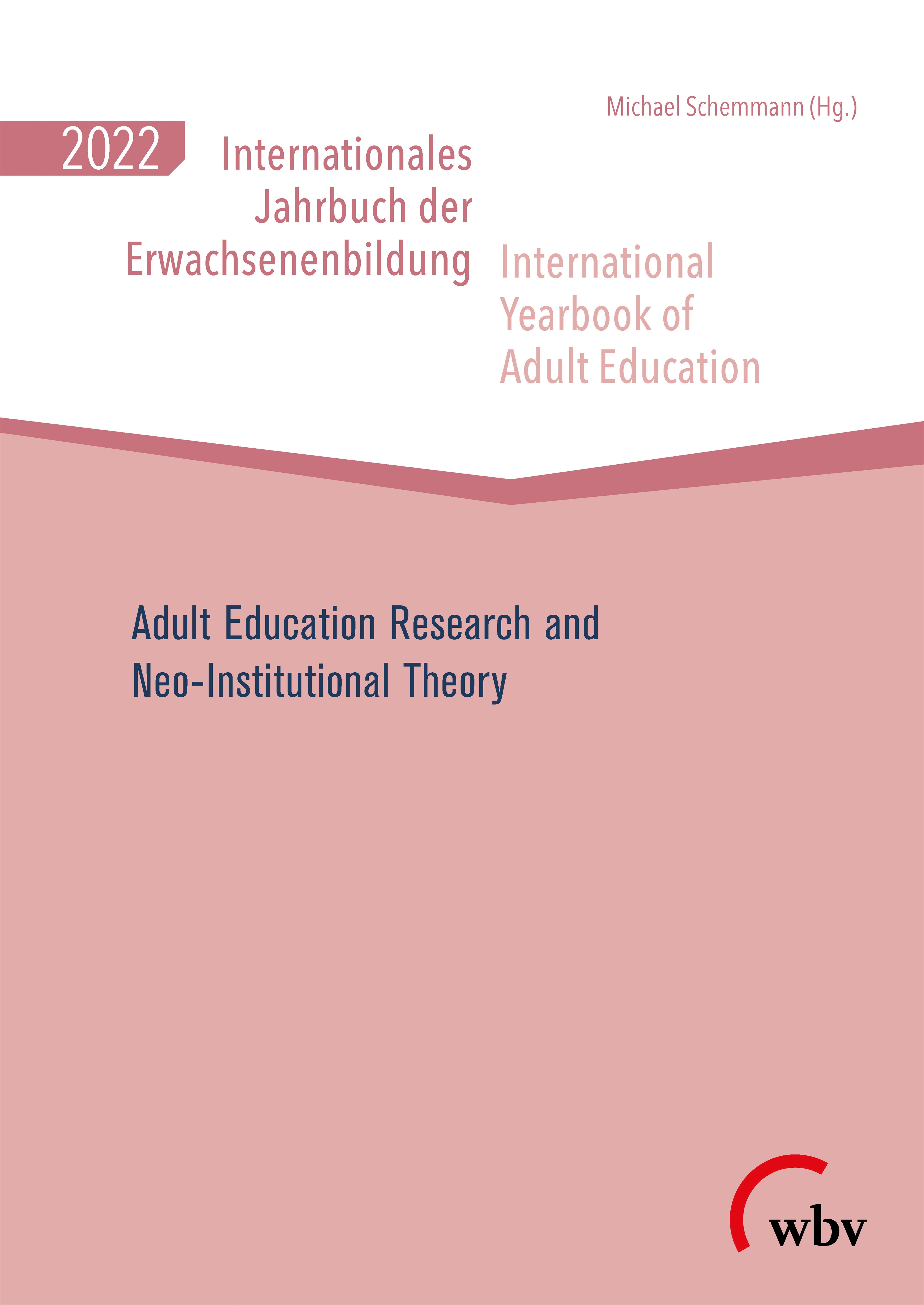Quality Management in Adult Education Organisations
The manifold discourses on the quality of continuing education organisations are closely related to processes of social change. However, it is unclear to what extent the effectiveness or integration of quality management systems in continuing education organisations in Germany is influenced by organisational contexts. This study used the neo-institutional concepts of organisational fields and loose coupling as a theoretical basis to address this research gap. Based on the 2017 wbmonitor survey, this study examined and differentiated effectiveness attributions by their organisational springs with a variance analysis. The results showed tighter couplings for the "organisation" impact factor, medium couplings for the "pedagogy" impact factor and rather weak or loose couplings for the "personnel" and "economy" impact factors. The fields for the "organisation" factor significantly differed from each other. There were no significant differences for the "pedagogy", "personnel" and "economy" factors.
Beiträge
Open Access
Open Access
Empirically Grasping the Institutional
Methodological Reflections on Institutional Research Using Grounded Theory
Open Access
Open Access
Institutional Entrepreneurship in Adult Basic Education
Recent Theoretical Developments and Empirical Analyses
Open Access
Who Publishes What?
A Bibliometric Study of Papers from the Global South in International Journals of Adult Education Research
Open Access
Open Access
Review: Between PIAAC and the New Literacy Studies
What adult education can learn from large-scale assessments without adopting the neo-liberal paradigm
Open Access
Open Access
weitere Infos
Reuer,Martin (2022). Quality Management in Adult Education Organisations. In: Internationales Jahrbuch der Erwachsenenbildung 2022. Adult Education Research and Neo-Institutional Theory. Bielefeld 2022. https://doi.org/103278/I72685W006
